Volkswagen plans 6 gigafactories like Tesla to produce EV batteries for future


The Volkswagen Group today held the Power Day event, which, like Tesla's Battery Day, focused on the roadmap that the German manufacturer will follow to develop EV batteries and charging technology.Among other things, the company has announced the that it will set up six gigafactories on European soil with a combined annual capacity of 240 GWh by the end of the decade.
“Electric mobility has become our core business.We want to ensure a long-term pole position in the race for the best battery and the best user experience in the era of zero-emission mobility,"saidHerbert Diess, Chairman of the Board of Management of the Volkswagen Group.
Also check these Vehicles
The first two gigafactories will operate inSkelleftea(Sweden) and inSalzgitter(Germany).The first of these will be operated jointly with Northvolt, with production scheduled to start in 2023.Its capacity will gradually increase until reaching a maximum of 40 GWh.
The Salzgitter facilities, meanwhile, will develop innovations in the manufacturing process and in the design of the batteries.Its production capacity will also be up to 40 GWh per year, the same as inSkelleftea and in the other gigafactories that the Volkswagen Group will build in Europe throughout the decade.One of them is expected to be located in Spain.
With the aim of simplifying batteries, reducing costs and increasing autonomy and performance, Volkswagen will bet oncells with a unified prismatic design that will assemble 80% of the group's electric cars by 2030.They will be launched in 2023 and will be manufactured in five of the six gigafactories planned by Volkswagen.
Depending on the sector, Volkswagen will use three different types of cathodes in its unified design cells:LFP(lithium-ferrophosphate) in access vehicles,rich in manganese(eliminating costly cobalt and reducing the amount of nickel) for volume models andNCM(Nickel, Cobalt and Manganese) in the premium offerings.
Volkswagen wants to reduce the cost of its batteries to levels "significantly lower" than 100 euros per kWh.Specifically, the batteries in their entry-level modelswill see their cost reduced by 50%, while in the volume segment the reduction will be 30%.With these goals, Volkswagen wants to make electric mobility affordable for everyone and become the dominant option on the market.
Volkswagen also wants to expand it fast charging network in Europe. Together with its partners, the group intends to operate around 18,000 public points by 2025, which will cover a third of the estimated demand by then.One of the key players in this strategy will be the IONITY consortium, although it will not be alone.
Volkswagen has already teamed up with BP to install some 8,000 fast charging points throughout Europe, which will have a power of 150 kW.The chargers will be installed in a total of 4,000 BP and ARAL service stations, most of them located in Germany and Great Britain.In Spain, Volkswagen will collaborate with Iberdrola to cover the main routes in the country, while in Italy it will do the same with Enel.In total, Volkswagen will invest around 400 million euros in these initiatives, while the additional contributions will be made by its partners.
The company will also follow a similar strategy in China (through a joint venture with CAMS it will install 17,000 fast charging points by 2025) and in the United States (Electrify America will have 3,500 fast charging points by the end of the year).On the other hand, it has been confirmed thatVolkswagen's electric models based on the MEB platform will support bi-directional charging from 2022.







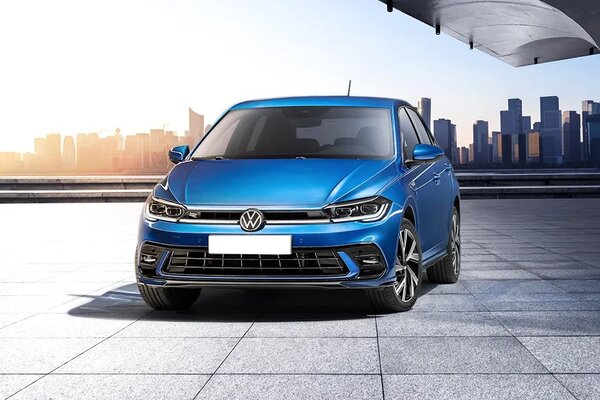
 999 cc
999 cc Petrol
Petrol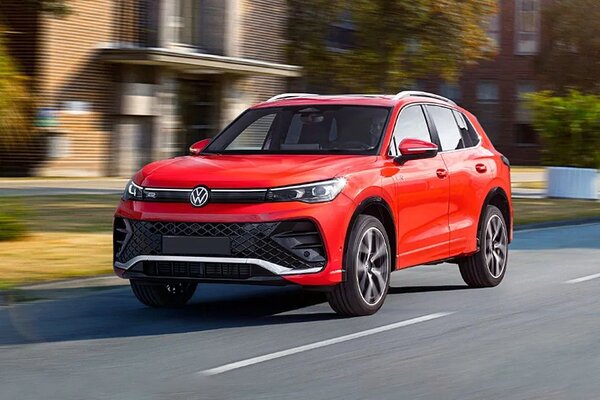
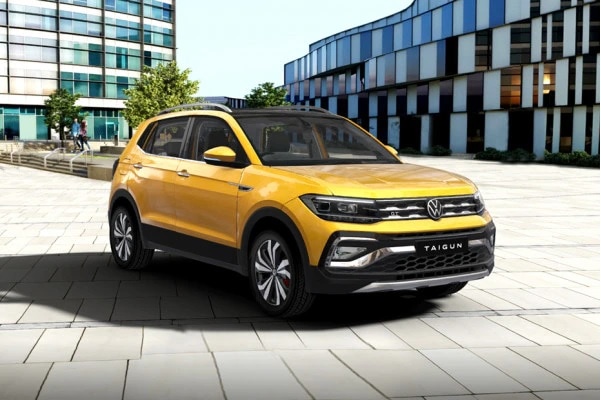
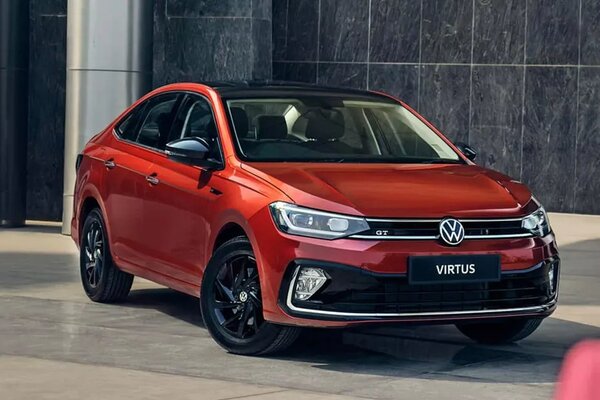
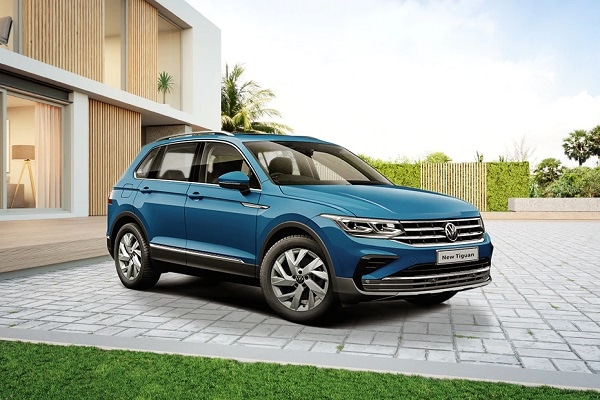
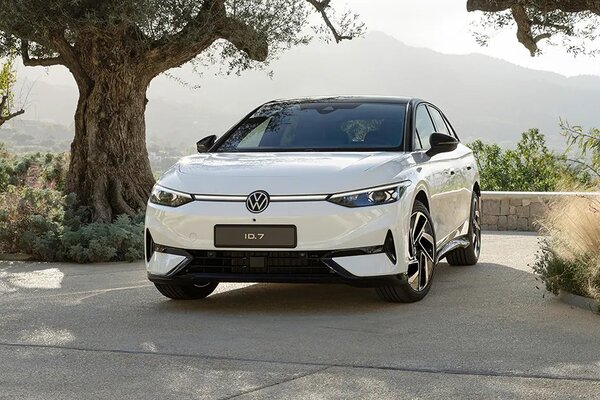
 77 kWh
77 kWh 621 Km
621 Km














